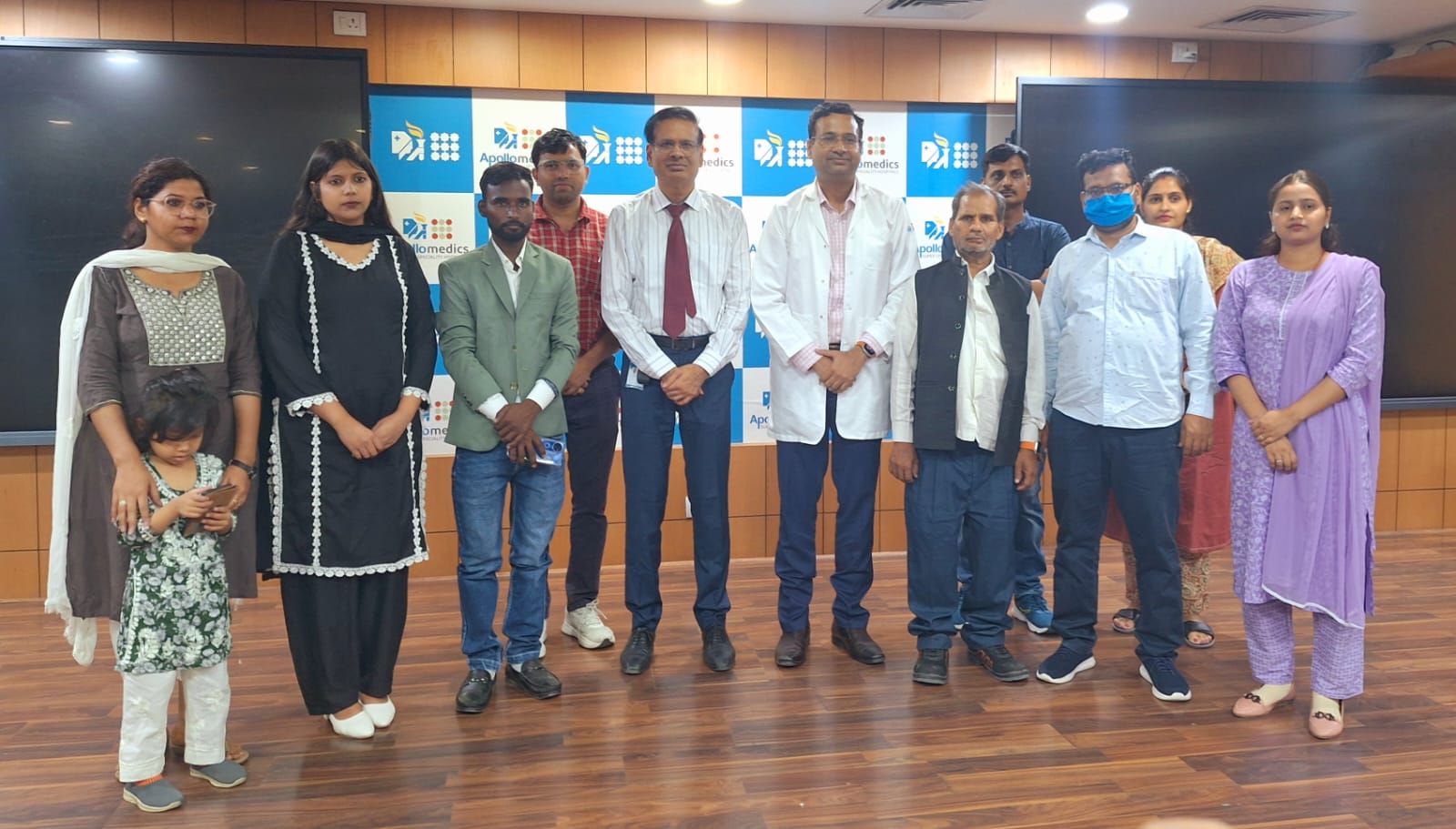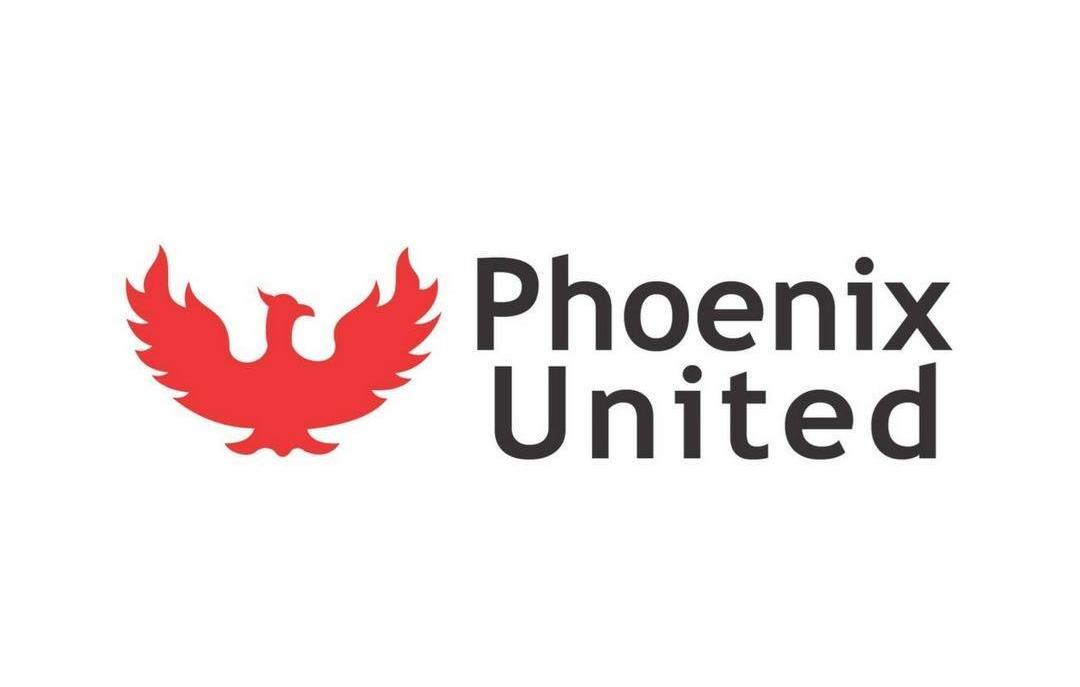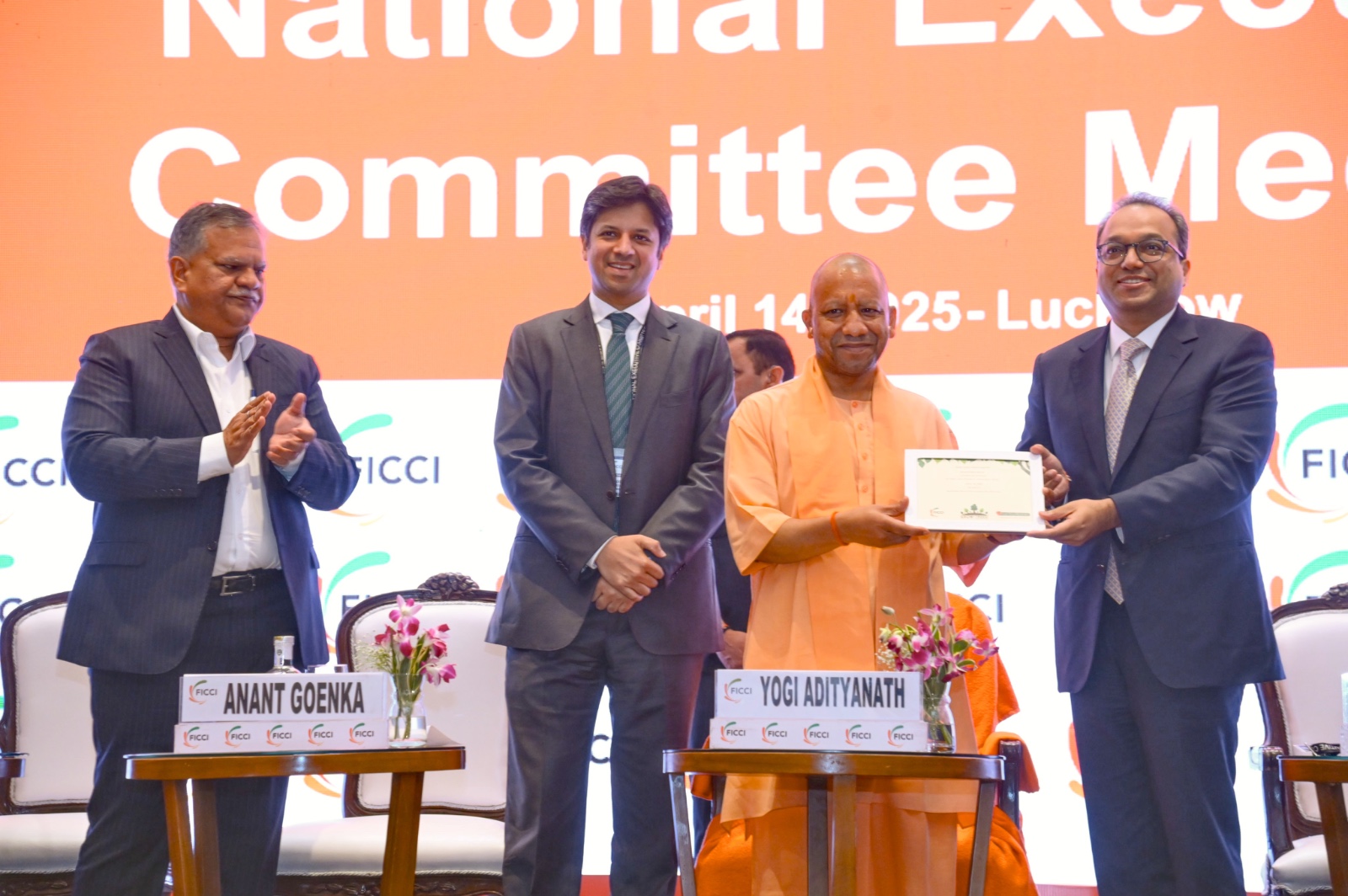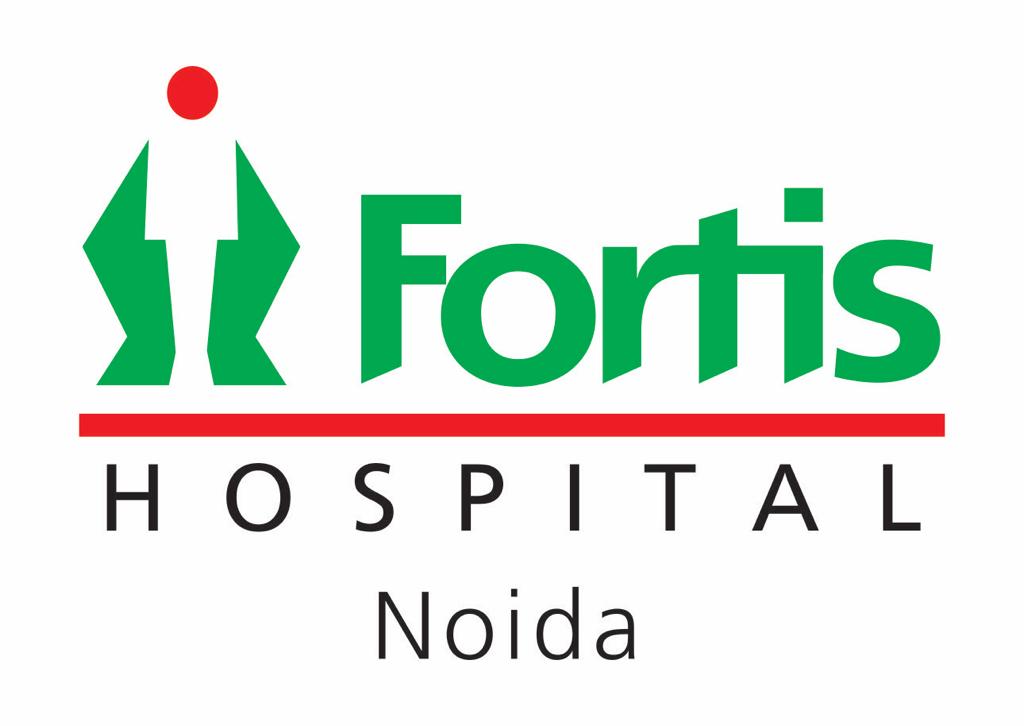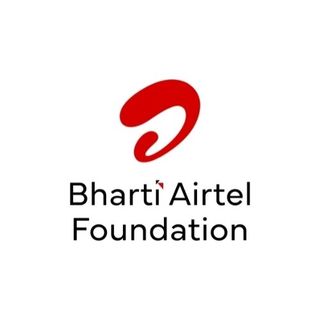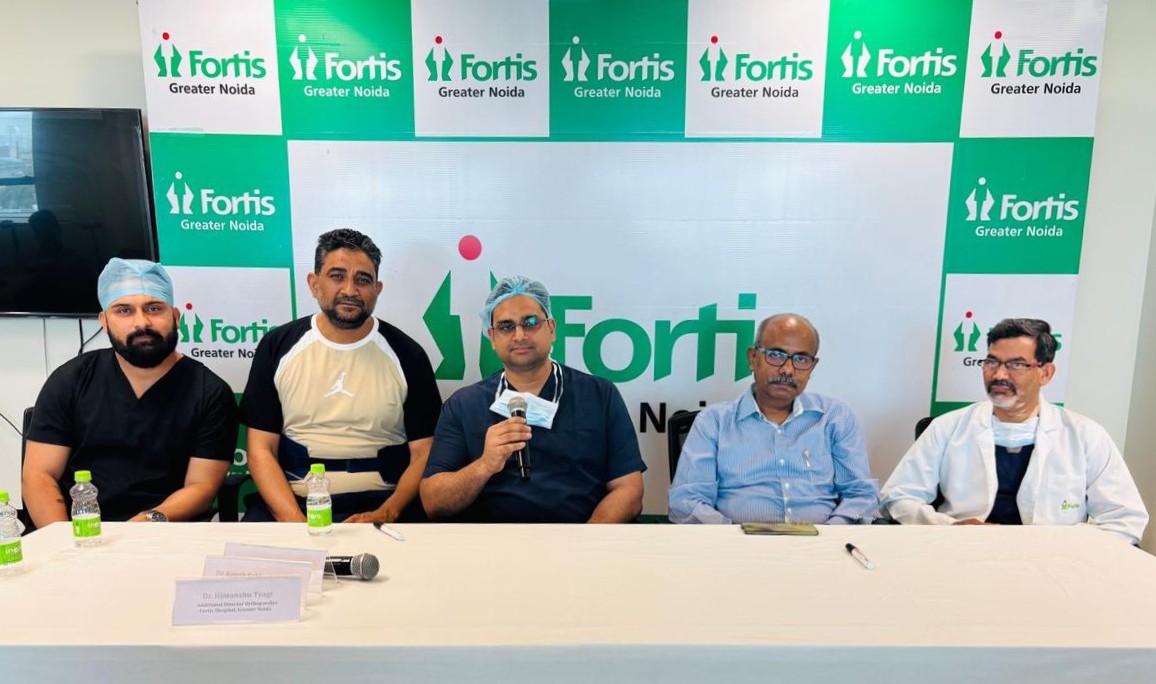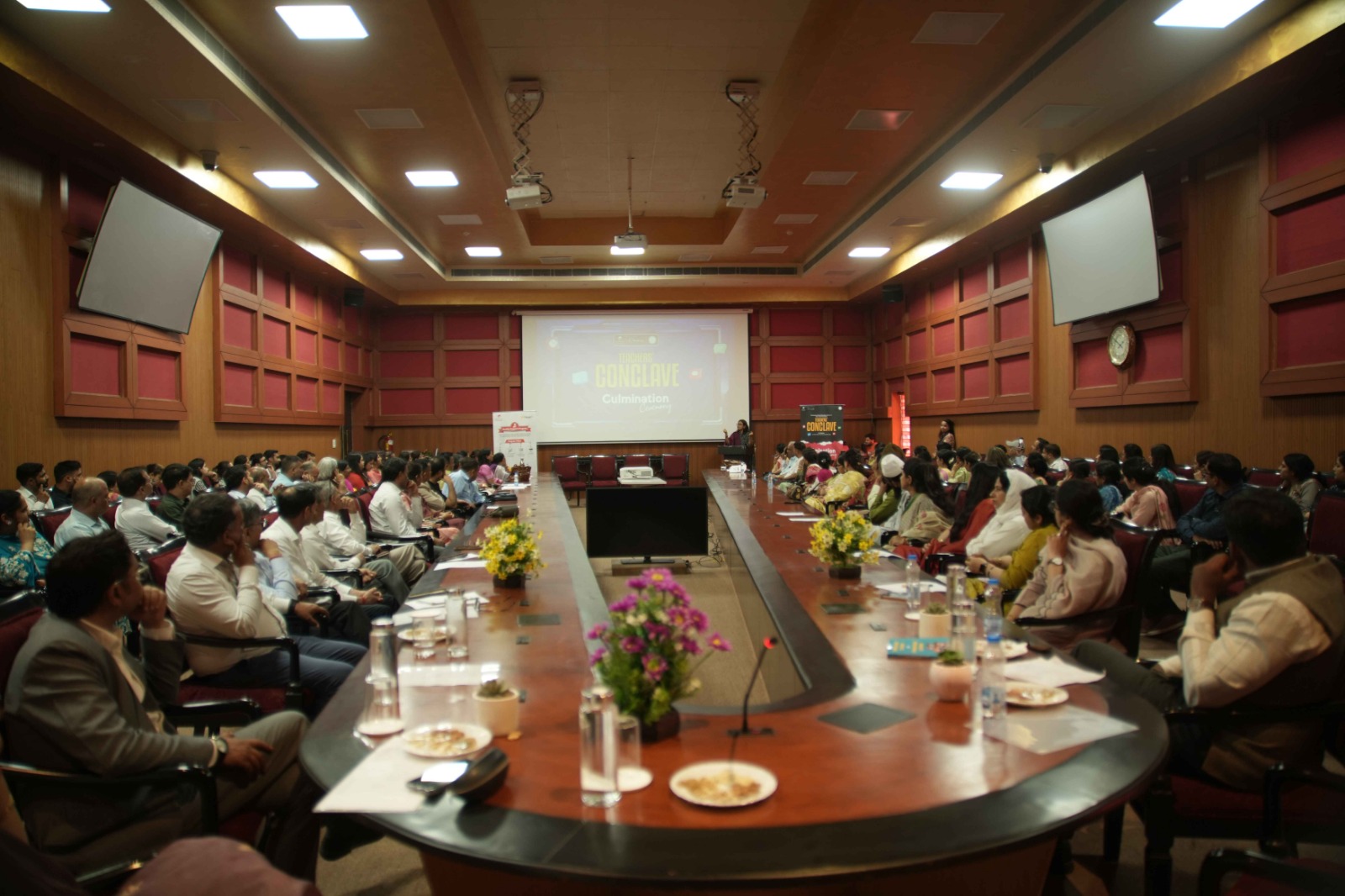On World Liver Day, Apollomedics Breaks Myths Around Liver Donation and Promotes Awareness
On the occasion of World Liver Day, Apollomedics Super Speciality Hospital, organized a special event aimed at raising awareness about liver donation and dispelling the myths and fears surrounding transplants. Liver transplant recipients and their donors who are now leading normal lives also participated in the event, becoming inspiring examples for others to consider organ donation.
Apollomedics initiated its liver transplant program in 2021 and has since consistently achieved success in this field. It holds the distinction of performing Uttar Pradesh’s first living donor liver transplant and first cadaveric liver transplant. According to Apollomedics' super-specialist doctors, the liver is a unique organ that regenerates itself completely within a few weeks after transplantation—disproving the common myth that donation poses serious health risks for the donor.
Dr. Ashish Mishra, Senior Consultant & Head – Liver Transplant, HPB & GI Surgery at Apollomedics Super Speciality Hospital, Lucknow, explained, “The liver is an organ that can be safely transplanted from a donor to a recipient, and it recovers very quickly. Donors generally do not face any serious complications. The procedure is both safe and effective. Post-transplant, patients typically return to their normal routine within three months, while donors can resume daily activities in just a month.”
Sharing insights on the current state of liver transplants in India, Dr. Mishra said, “There’s still a major gap in organ donation in India. Each year, around 25,000 to 30,000 patients require a liver transplant, but only about 3,000 receive one—and of these, just 10% are from cadaveric donors. This reflects a severe shortage that calls for widespread public awareness and increased participation.”
He emphasized the need for better coordination between government and private hospitals to promote cadaveric donation programs, stating, “Uttar Pradesh lags significantly behind other states in terms of organ donation. Bridging this gap requires stronger inter-hospital collaboration and public education efforts.”
The event also highlighted that most organ donations in India come from living donors, and notably, women—especially wives and daughters—often step up as primary donors. Greater awareness is needed to help people overcome their fears and hesitations around this life-saving act.
An important point raised during the discussion was the financial burden on patients who travel to cities like Delhi, Mumbai, or Hyderabad for liver transplants. Patients often have to stay in those cities for 1.5 to 2 months post-surgery, increasing the overall cost. In contrast, Apollomedics provides this facility locally in Lucknow, making it more affordable and reducing the financial strain on patients.
Dr. Mayank Somani, MD & CEO of Apollomedics, shared, “We have successfully performed over 25 liver transplants so far, including 23 from living donors and 2 from cadaveric donors. This milestone reflects our team’s expertise, cutting-edge medical infrastructure, and our unwavering dedication to patient care.”
He added, “To promote organ donation, we need a shift in societal mindset. Dispelling myths about organ donation is essential to encourage more people to participate in this life-saving initiative.”
The press conference primarily aimed to highlight the success rate of liver transplants, share the experiences of donors and recipients, and promote the importance of organ donation. Apollomedics also showcased its impressive 95% transplant success rate, reinforcing the effectiveness of its liver transplant program.
The event covered various aspects of liver transplants to foster a positive outlook towards organ donation in society and strengthen support for this life-saving medical advancement.

